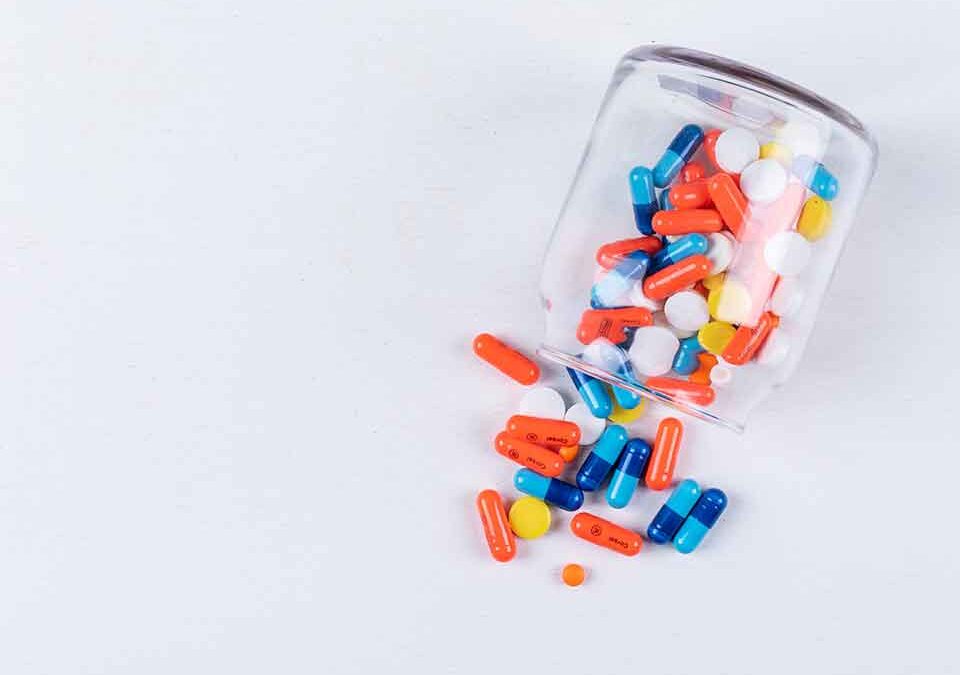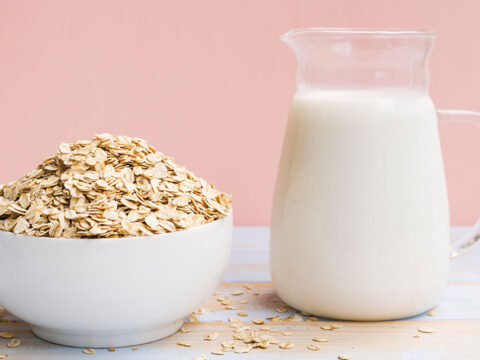
Diabetes and Alström Syndrome
May 6, 2022
Are Processed Meats A Health Risk For Diabetes Patients?
May 12, 2022Diabetes may have no known cure, but the condition can be effectively managed with medication, dietary modifications, and lifestyle changes. This can ensure higher quality of health and a lower risk of complications, so that patients can continue to enjoy a high quality of life. Because of the lifelong need for medications and diet therapy to manage the condition, many individuals with diabetes also turn to nutritional and dietary supplements for additional health benefits. But, do diabetes supplements really make a difference and how effective are they?
Supplements For Diabetes: Efficacy And Safety Concerns
Because of the popularity of dietary supplements, including unregulated supplements, researchers have conducted numerous studies over the years to find out how supplements can help in the treatment or prevention of diabetes, as well as in the management of diabetes and prevention of complications. While some findings are encouraging, others do raise alarm bells because of the risk of serious side effects such as kidney damage. Here’s a closer look at some of the most popular diabetes dietary supplements.
- Alpha-Lipoic Acid
The supplement is commonly used to protect against the risk of diabetic eye disease and neuropathy, but evidence from studies only shows it to be beneficial in reducing the risk of neuropathy to some extent.
In high doses, alpha-lipoic acid may cause gastrointestinal problems.
- Chromium
Deficiencies in this essential trace mineral can adversely affect your body’s ability to use glucose. In such cases, chromium supplementation can bring about moderate improvements in blood sugar management.
This supplement should be used with caution as large doses have been linked to kidney damage, skin reactions, and muscular problems.

- Magnesium
Deficiencies in this essential mineral can increase the risk of diabetes, but research is not conclusive on whether supplementation can help in such cases. It may be better to boost dietary intake with magnesium-rich foods including spinach, as well as nuts and seeds.
Large doses can cause diarrhea and stomach cramps, while doses exceeding 5,000 mg a day can even be fatal.
- Omega-3s
While omega-3 fatty acids are known to be healthy, research on its benefits for diabetes patients is inconclusive with conflicting findings emerging from different studies.
Omega-3 supplements are generally regarded as safe and may only cause mild side effects such as indigestion in some individuals.
- Selenium
Selenium supplements are often marketed as a preventive treatment, but studies have shown that supplementation does not offer any protection against developing diabetes.
Selenium supplementation over a period of time can pose several health risks, causing hair and nail loss, nervous system disorders, and digestive problems.

- Vitamins
Although vitamin deficiencies, such as vitamin D deficiency have been shown to increase the risk of developing conditions like type 2 diabetes, studies have found that supplementation does not help with diabetes prevention or blood sugar control. Similarly, evidence for vitamin C supplementation improving blood sugar control is weak at best.
Vitamin supplementation is usually safe, unless taken in high doses. Excessive vitamin D supplementation can even cause kidney damage and heart rhythm irregularities.
- Herbal Supplements
Although numerous herbs are touted as beneficial for diabetes management, the evidence is lacking or of poor quality for almost all herbal supplements. These include supplements such as cinnamon, bitter melon, milk thistle, fenugreek, and ginseng.
Safety concerns are high with herbal supplements as the herbal supplement market is poorly regulated. Moreover, some herbs can interfere with diabetes treatments, causing a variety of side effects. Even cinnamon, which is relatively safe, contains a chemical known as coumarin, which can exacerbate liver disease.
References:
- https://pubmed.ncbi.nlm.nih.gov/21811051/
- https://pubmed.ncbi.nlm.nih.gov/24635480/
- https://pubmed.ncbi.nlm.nih.gov/21868780/
- https://pubmed.ncbi.nlm.nih.gov/18254017/
- https://pubmed.ncbi.nlm.nih.gov/23232064/
- https://pubmed.ncbi.nlm.nih.gov/28294172/
- https://pubmed.ncbi.nlm.nih.gov/21731035/
- https://www.nccih.nih.gov/health/diabetes-and-dietary-supplements




